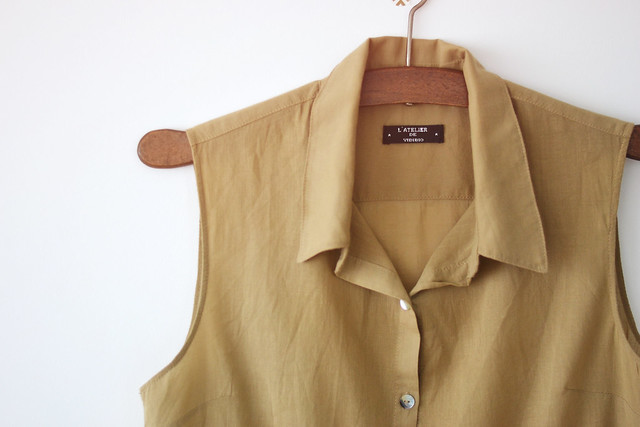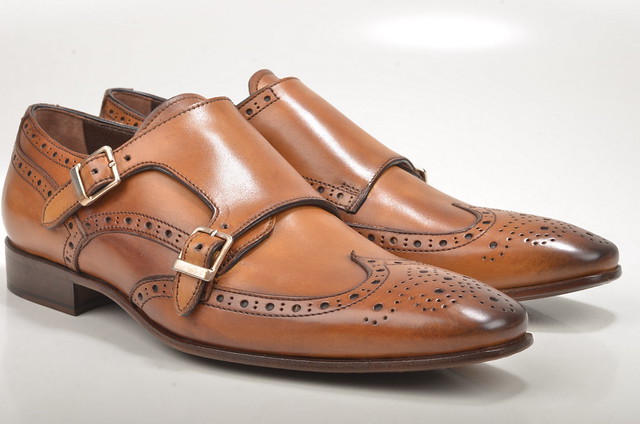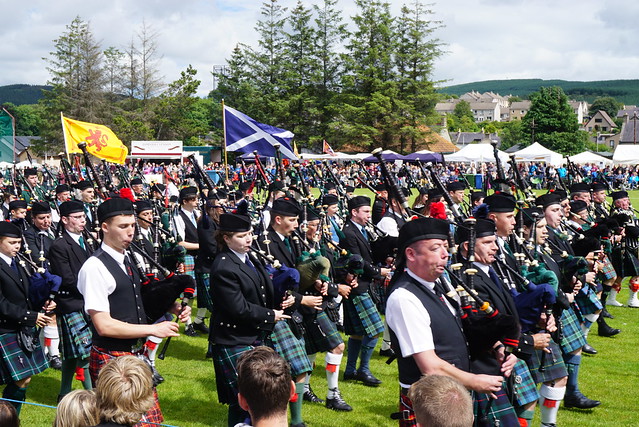Podcast: Play in new window | Download
In this Adventure we’re finding a safe haven and other peaceful places.
A haven [ˈheɪvən] is:
- A harbour or anchorage protected from the sea
- A place of safety
- A peaceful place
It comes from Middle English haven(e), from Old English hæfen [ˈxæ.fen] (inlet, harbour, port), from Proto-Germanic *hab(a)nō [ˈxɑ.βɑ.nɔː] (harbour, haven), from PIE *kh₂p(ó)neh₂, from *keh₂p- (to take, seize, grasp) [source].
The English word abra, which means a narrow mountain pass, was borrowed from Spanish abra (small bay, inlet, glade, clearing), which comes from French havre (haven), and comes ultimately from Proto-Germanic *hab(a)nō via Middle Dutch, Old Dutch and Proto-West-Germanic, or Old Danish and Old Norse [source].
Other words from the same Proto-Germanic roots include Hafen (harbour, port, haven) in German, haven (harbour, port) in Dutch, hamn (harbour) in Swedish, and havn (harbour, haven) in Danish [source].
Incidentally, the word heaven doesn’t come from the same roots as haven. Instead it comes from Middle English heven(e) [ˈhɛv(ə)nə] (heaven, the heavens), from Old English heofon [ˈxe͜o.fon] (sky, heaven), from Proto-West-Germanic *hebun (sky, heaven), the roots of which are uncertain [source].
In case you’re interested, here details of the origins of the word harbour.
Here’s a video I made of this information:
Video made with Doodly [afflilate link].
I also write about words, etymology and other language-related topics on the Omniglot Blog, and I explore etymological connections between Celtic languages on the Celtiadur.
You can also listen to this podcast on: Apple Podcasts, Amazon Music, Stitcher, TuneIn, Podchaser, PlayerFM or podtail.
If you would like to support this podcast, you can make a donation via PayPal or Patreon, or contribute to Omniglot in other ways.












